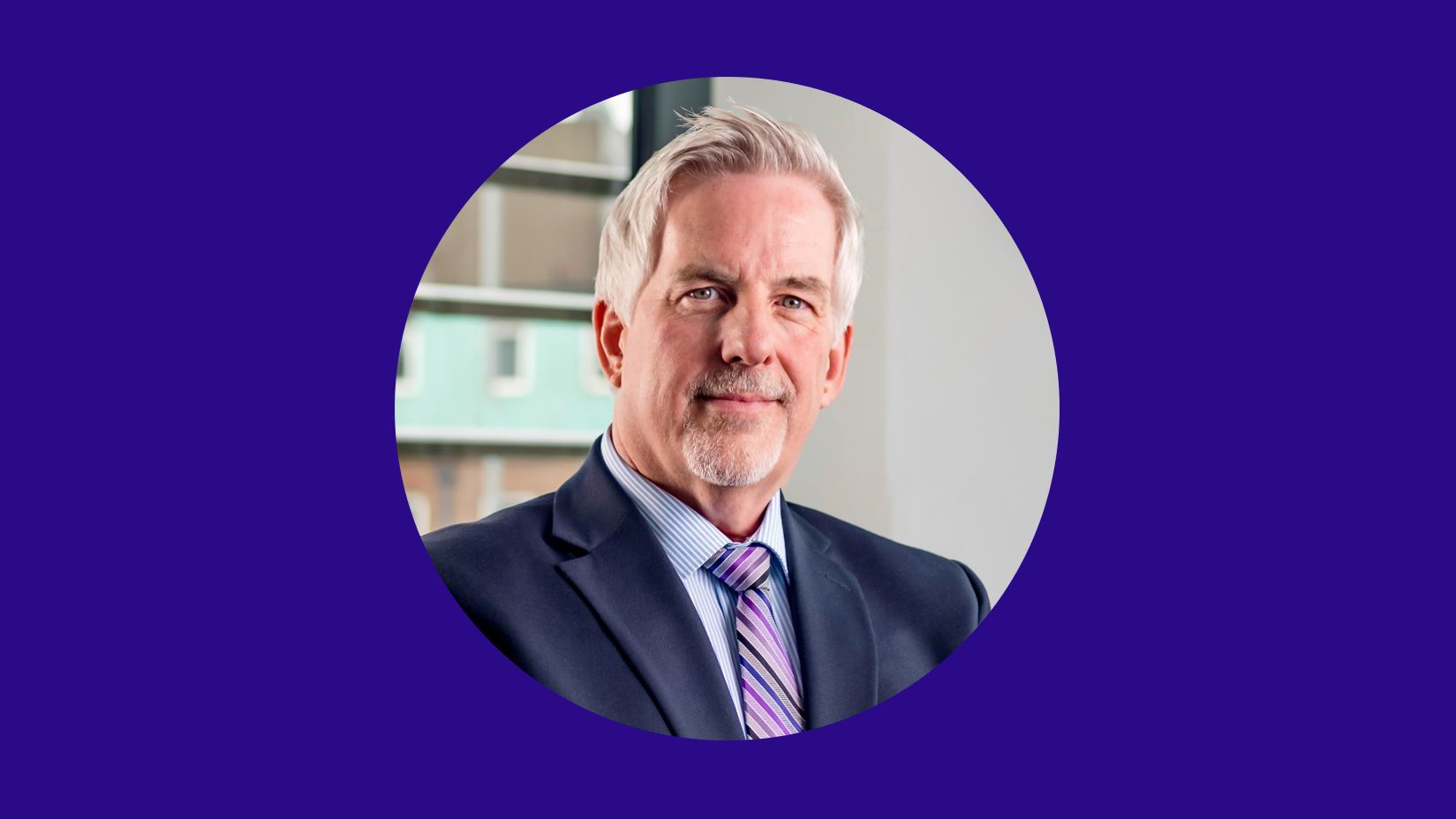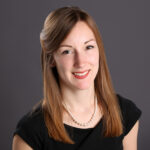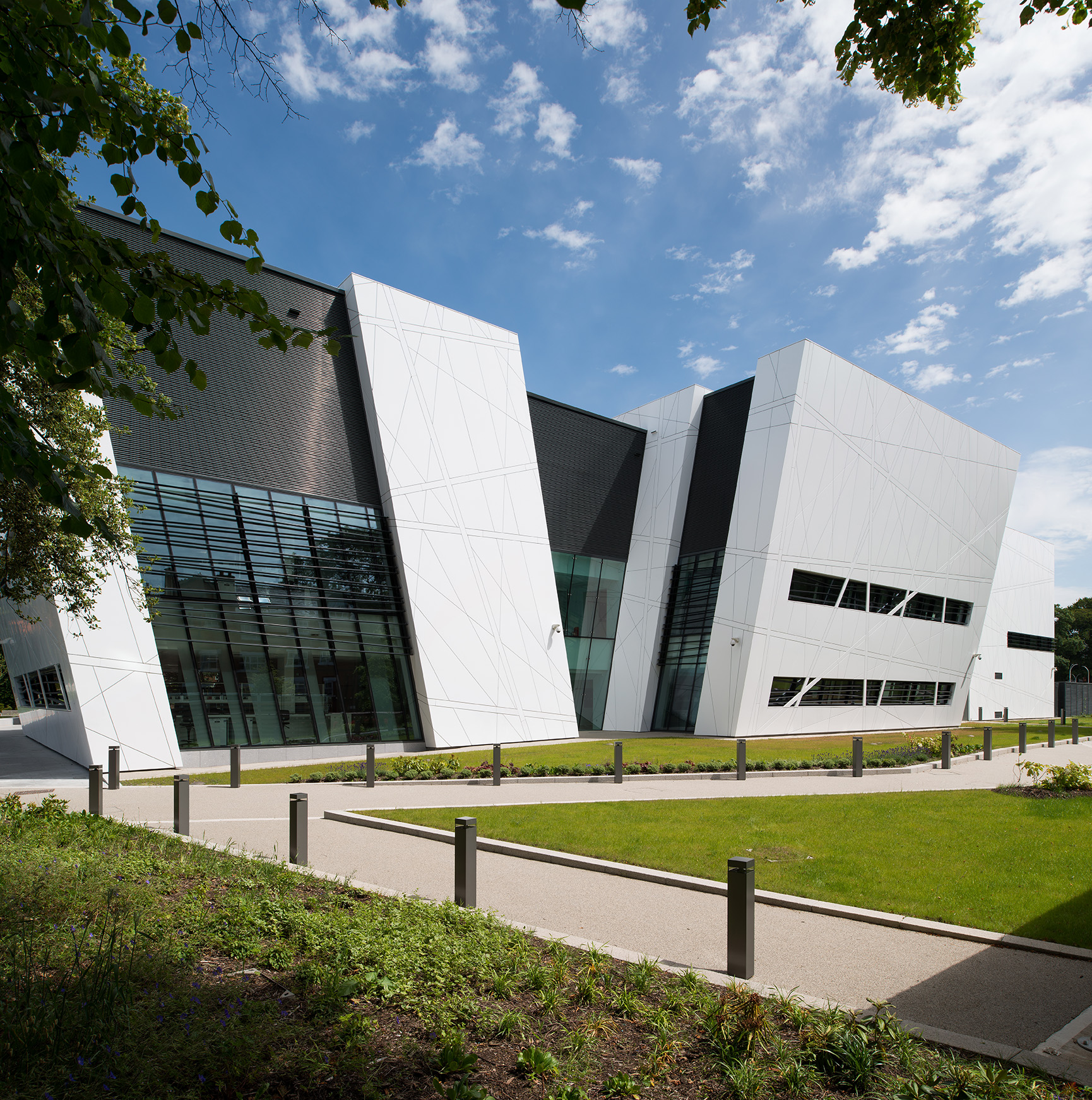LGBTQ+ in cancer research
In the first of our ‘Let’s talk about…’ EDI seminar series, in partnership with Cancer Research UK Barts Centre, our researchers covered topics within Part 1 of our sessions on ‘LGBTQ+ in cancer research’.
We heard from Professor Robert Bristow, Director of Cancer Research UK Manchester Centre along with Dr Dan Saunders, Consultant in Clinical Oncology at The Christie NHS Foundation Trust. Rob and Dan were joined by Dr David Bryant, Group Leader at CRUK Beatson Institute and Dr Alison Berner, Medical Oncologist at Cancer Research UK Barts Centre.
With additional introductions from our Centre directors including: Professor Nick Lemoine, Director of Cancer Research UK Barts Centre, Professor Caroline Dive, Interim Director of Cancer Research UK Manchester Institute and Professor Kairbaan Hodivala-Dilke, Deputy Director of Cancer Research UK Barts Centre.
Professor Robert Bristow, Director of Cancer Research UK Manchester Centre
Rob covered the importance of addressing barriers in cancer care for LGBTQ+ people.

Barriers to care faced by LGBTQ+ people with cancer
In the UK, approximately 3.6 million people identify as lesbian, gay, bisexual and transgender (LGBT). Fear of discrimination and lack of sexual orientation and gender identity recording suggests that people within this group are invisible to health services.
Research studies have shown that at least 7 types of cancer disproportionately affect LGBTQ populations, including anal cancer, breast cancer, cervical cancer, colorectal cancer, lung cancer, prostate cancer, and uterine cancer.
Barriers faced to members of the LGBTQ+ community often limit their cancer care and they are at risk of poor access to cancer prevention, screening, and high-quality cancer care alongside disparities in cancer survivorship, including poorer quality-of-life and cancer outcomes.
In his talk, Rob covers the unique cancer care needs of LGBTQ+ communities that can remain unaddressed through the typical ways that cancer care is delivered. Through addressing his own personal experience of being a member of the LGBTQ+ community in cancer research, Rob spotlighted his own personal barriers while stressing the importance of continuing to break down barriers for those in the community receiving cancer care.
Visibility of LGBTQ+ role models and discussion of specific challenges are extremely important. Hopefully they reduce the worry that there is a glass ceiling for scientific careers. Furthermore, cancer itself does not discriminate; an important concept given the diversity of cancer patients and the need for inclusivity of all.
Robert Bristow
Dr Dan Saunders, Consultant in Clinical Oncology at The Christie NHS Foundation Trust
Dan covered the importance that needs to be placed on inclusion of the LGBTQ+ community in cancer research.

The importance of inclusion
Through his talk, Dan discussed the importance inclusivity and honed in on his own lived experiences of being a part of the LGBTQ+ community. His focus centred on his LGBTQ+ related cancer research, its challenges, why this research might matter to patients and why we should ask the right questions. Topics of conversation included:
1. Why inclusion and belonging are important for personal performance
2. Why inclusion and belonging is important for our patients
3. Why an understanding of EDI helps us to provide better care for our patients
4. Why it is important we include LGBTQ+ in research
It was such an inspiration to have a group of diverse individuals come together and share their lived experience of being LGBTQ+ in different aspects of cancer care and research and, importantly, show that by being more inclusive we can positively influence the care, experience and outcomes of our patients.
Dan Saunders
Dr David Bryant, Group Leader at CRUK Beatson Institute.
David discussed his own contribution to pride in research from earlier in 2022. Read more here.

Dr Alison Berner, Medical Oncologist at Cancer Research UK Barts Centre
Alison discussed her work on improving cancer care for the LGBTQ+ community. Read more here.

Take home messages
- Barriers to cancer care exist for those in the LGBTQ+ community
- This can result in poor access to cancer prevention practices, screening and cancer treatments
- There are associated disparities in cancer survivorship including poorer quality-of-life and worse cancer outcomes
- It is important to continue to break down barriers for those in the LGBTQ+ community receiving cancer care
- This can be done through increasing inclusion of this community in cancer research to enable us to provide better care for all our patients
Contact details
Prof. Robert Bristow: robert.bristow@manchester.ac.uk
Dr Dan Saunders: daniel.saunders@nhs.net
Dr David Bryant: david.bryant@glasgow.ac.uk
Dr Alison Berner: alison.berner@nhs.net, @DrAllyCat
Navigation
Let's talk about...
Navigate back to our "Let's talk about..." EDI seminar series home page.
Improving cancer care in the LGBTQ+ community
Read about Dan Saunders' work towards improving cancer care in the LGBTQ+ community.
#PrideInResearch at the MCRC
Read about the MCRC's vision of Equality, Diversity and Inclusion (EDI).



